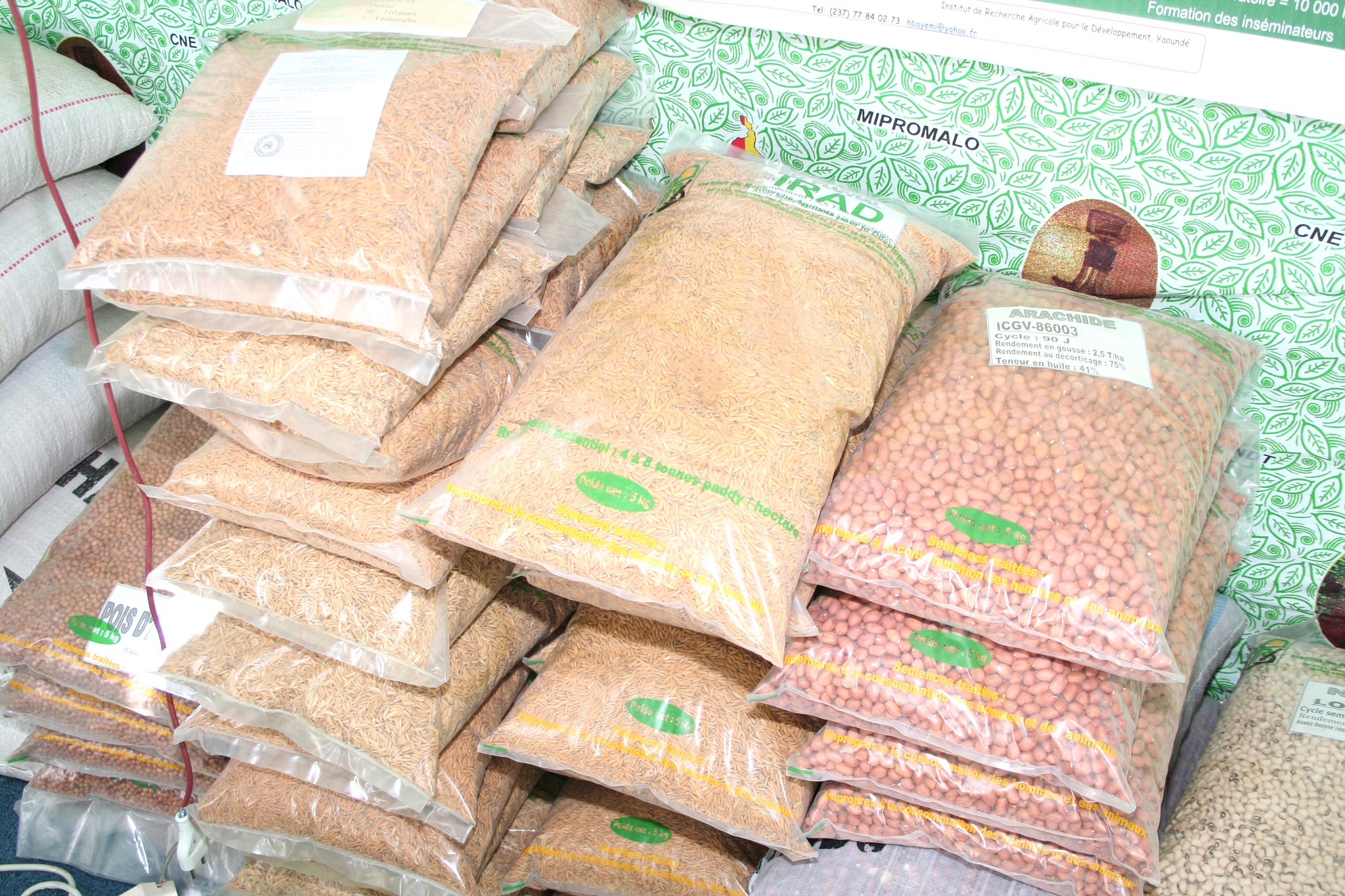There is going be a shortfall of certified maize, sorghum, millet, cowpea, and groundnuts seeds in the 2020 cropping season, according to a forecast from the National seed Committees of Member States of the Economic Community of West African States (ECOWAS) and the Permanent Interstate Committee for drought control in the Sahel (CILSS).
The most acute shortage is recorded in cowpea. Cowpea demand across eight countries (Mali, Nigeria, Niger, Togo, C├┤te dÔÇÖIvoire, Chad, Cape Verde and Gambia) is projected at 150,000 metric tons. But less than 2,800 metric tons are available for the 2020 cropping season.
As for groundnut, a significant staple across communities in the Sahel region of West Africa, less than 5,000 metric tons of certified seeds are available compared to a need of about 250,000 metrics tons.
For farmers depending on cowpea and groundnut for livelihoods, this does not augur a bright future, says Dr. Hippolyte Affognon, the Manager of the Partnership for Agricultural Research, Education and Development (PAIRED), a USAID-funded project working on access to quality seeds to smallholders in West Africa.
What is the situation with the other Staple Crops?
According to available data, less than 10,000 metric tons of sorghum and millet certified seeds are produced in 2020 compared to a demand of about 100,000 metric tons. This is about just ten percent availability.
As for maize, about 70,000 metric tons are available against a need of close to 200.000 metric tons.
Bright Spot
The only bright spot is in the rice sector, where over 350,000 metric tons are available against a need of about 225,000 metric tons.
The data was collected for the following countries: Benin, Mali, Niger, Nigeria, Togo, Cote dÔÇÖIvoire, Chad, Guinea, Gambia, Ghana, Senegal and Cape Verde.
The spread of COVID-19 in West Africa and the Sahel, and social barrier measures to contain the pandemic and its spread, could affect the 2020/2021 cropping season, particularly the timely supply of certified seed to producers if certain measures are not taken by their governments and development partners.
CORAF is liaising with the national seed systems to collect, process, and disseminate essential information on the regionÔÇÖs seed needs, available stock, and where it can be found, to facilitate political and economic decision-making that will affect the sector.
Also Read:
This information is expected to help countries to make critical decisions to allow producers and farmers to have access to the essential quality inputs for the success of their 2020 farming season.
Also Read:
- ÔÇťWest Africa is in the midst of a food crisis of exceptional magnitude,ÔÇŁ
- West African & Sahel 2020 Food and Nutrition Outlook
- ÔÇťEnsure the Free Movement of Agricultural Products,ÔÇŁ ECOWAS Commissioner
In most parts of Sub Sahara Africa, farmers and producers do not necessarily depend on certified seeds.
The informal seed systems which involve farmersÔÇÖ saved seed and seed production and trade not supervised by official services, play a crucial role in the seed market. The quantities of seed supplied by informal networks are estimated to be around 70 percent. This figure may vary from crop to crop and from one country to another.
The available quantities of certified seed come from the official national seed control and certification systems. However, the amounts of accredited seeds needed are estimated based on the area under cultivation, the seed replacement rate, and trends in the coverage of each countryÔÇÖs needs.
CORAF has recommended that concerted effort be made to ensure the availability and access to certified seeds of major staple food crops in the ECOWAS and CILSS region to avert the looming consequences of the negative impacts of the COVID-19 pandemic on agricultural production.
 English
English
 Fran├žais
Fran├žais 
